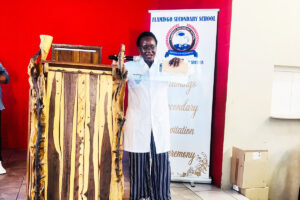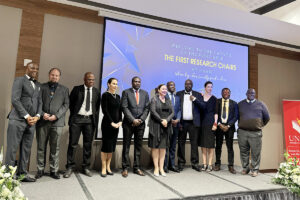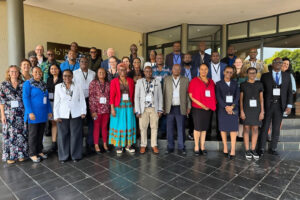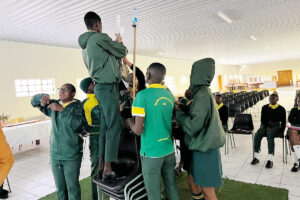The University of Namibia (UNAM) and Fern University, Hagen, Germany have committed to a virtual mobility initiative to enable their respective students to participate in interactive and immersive educational activities without the constraints of physical boundaries.
The two partner Universities recently extended a Memorandum of Understanding (MoU) for an additional 5 years that will improve international cooperation in teaching, student as well as staff exchanges. The agreement regulates the opportunity for UNAM students to enrol in Fern University modules and vice versa.
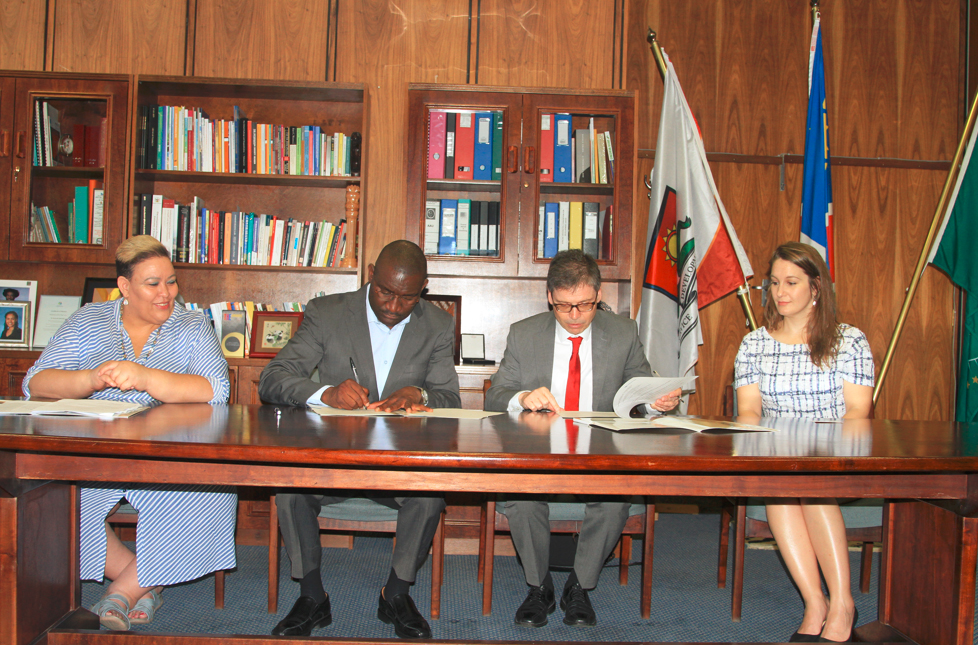
This virtual mobility initiative targets the School of Computing and will be established for undergraduate students (Bachelor/Honours levels) with the option of including postgraduate students (master’s level) at a later stage.
At the ceremonious MoU signing, UNAM’s Pro-Vice-Chancellor for Academic Affairs, Prof Frednard Gideon expressed gratitude for Fern University’s support. He stated that UNAM embraces new types of teaching models and that this collaboration between UNAM and Fern will go a long way in enhancing the learning experience of students at UNAM.
“We are keen to collaborate so that we can learn from new experiences, new technologies as well as from new universities that are dominating in the global arena,” stated Prof Gideon.
Sharing similar sentiments, Prof Dr Uwe Elsholz, Fern University’s Vice-President for Continuing Education, Knowledge Transfer & International Affairs stated that: “There are a lot of commonalities between the two universities and there are a lot of things we can learn from each other.”
During the MoU signing, Dr Maggy Beukes-Amiss, Director: Centre for Innovation in Learning & Teaching (CILT) at UNAM, remarked that with this virtual mobility collaboration, deeper learning will be facilitated which offers interactive, social, contextual, engaging and student-owned educational experiences.
“UNAM students will be able to collaborate with students at Fern, encounter various educational philosophies and cooperate with one another in a purely virtual environment. This type of learning enhances students’ social skills and cultural awareness thereby contributing to a more holistic educational experience.
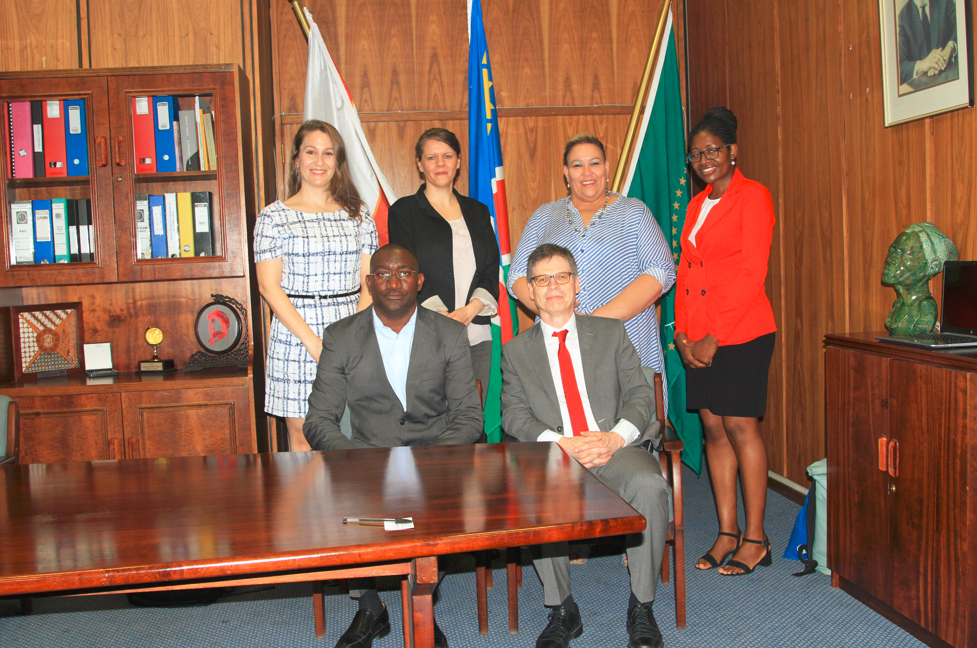
“Students from both universities will have the chance to visit each other’s countries for a short, dedicated period of time, giving them a chance to develop their cultural capital and show greater levels of understanding and acceptance of cultural diversity,” explained Dr Beukes-Amiss.
This virtual mobility initiative tests the horizons of traditional learning settings, enabling students to explore new possibilities, connect with diverse communities, network and develop the skills necessary for success in the digital age.


